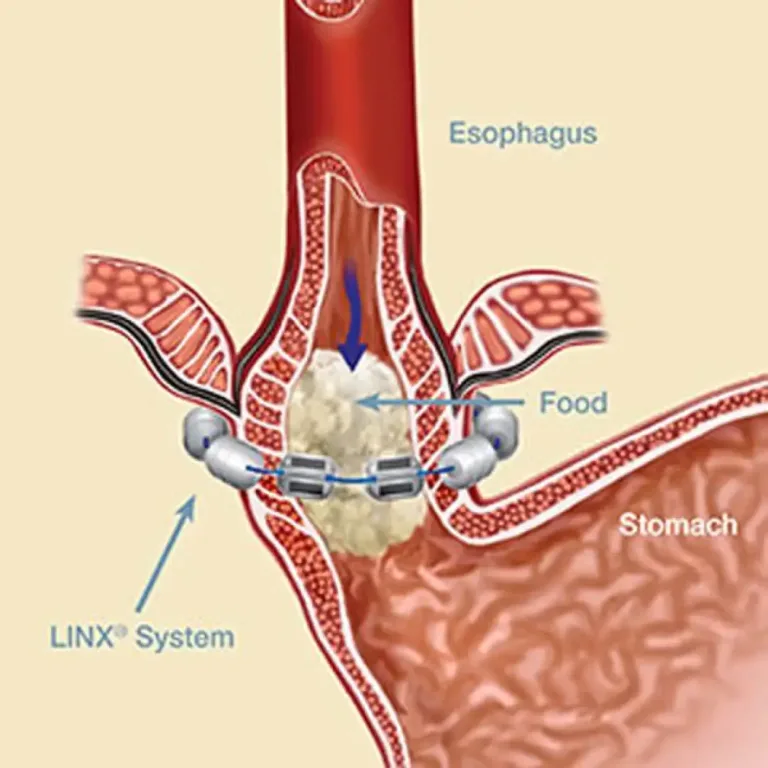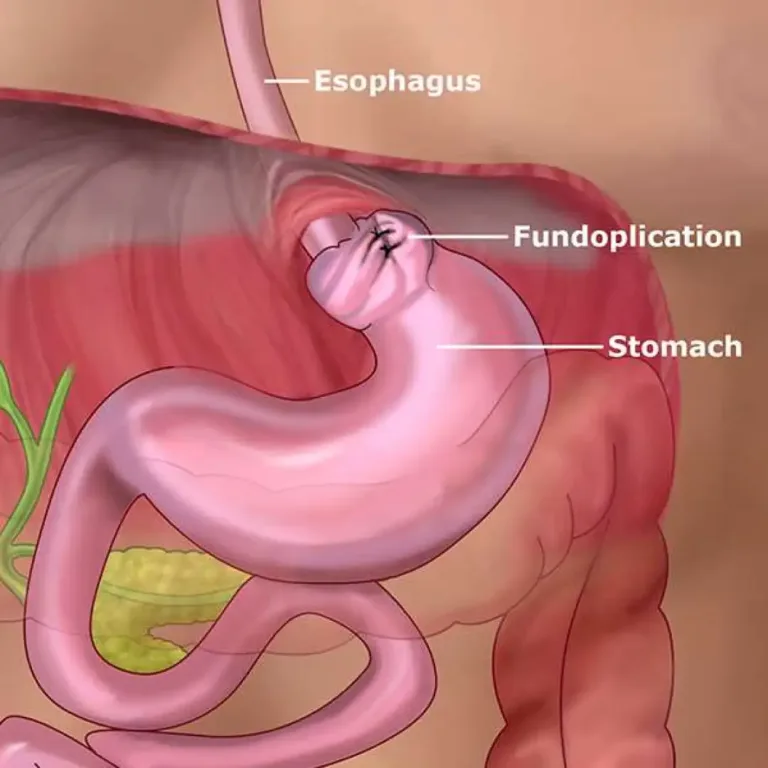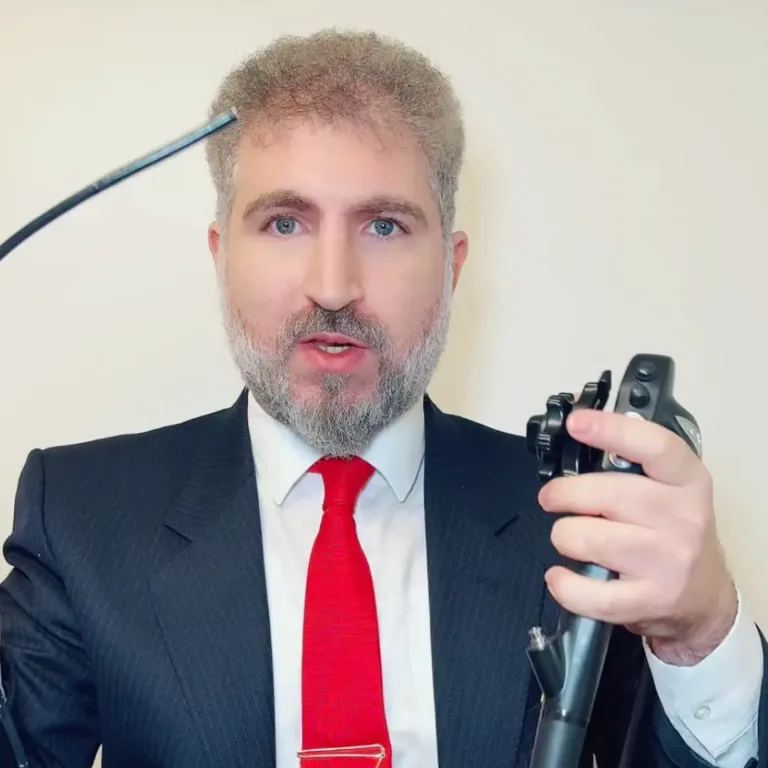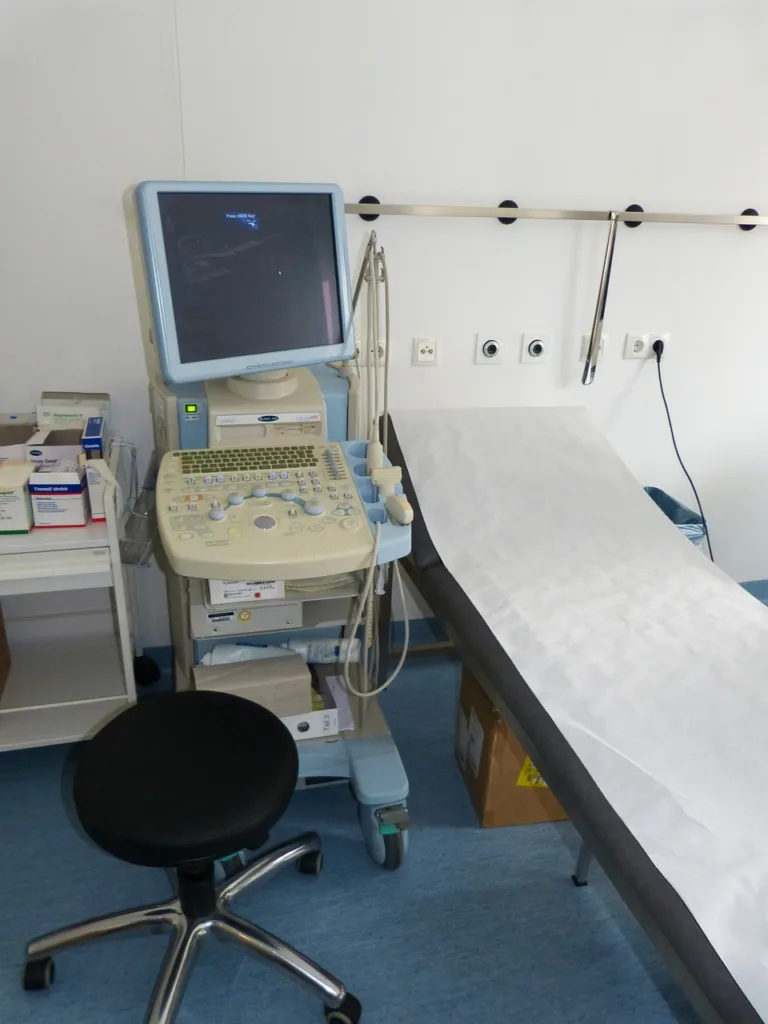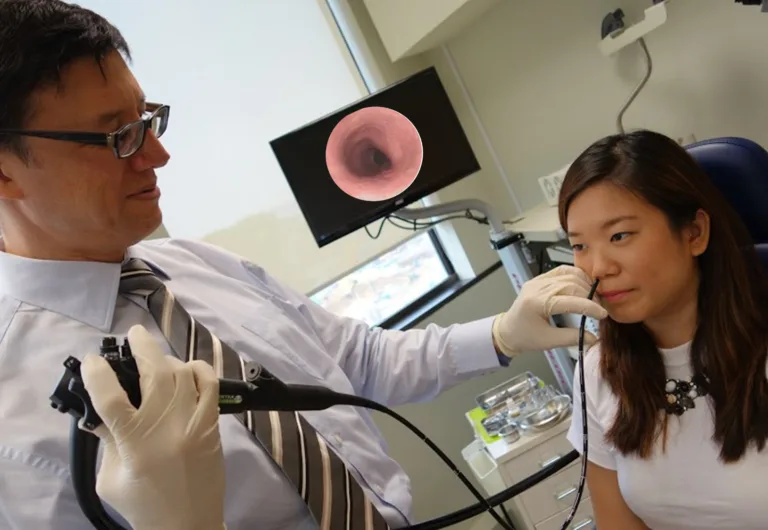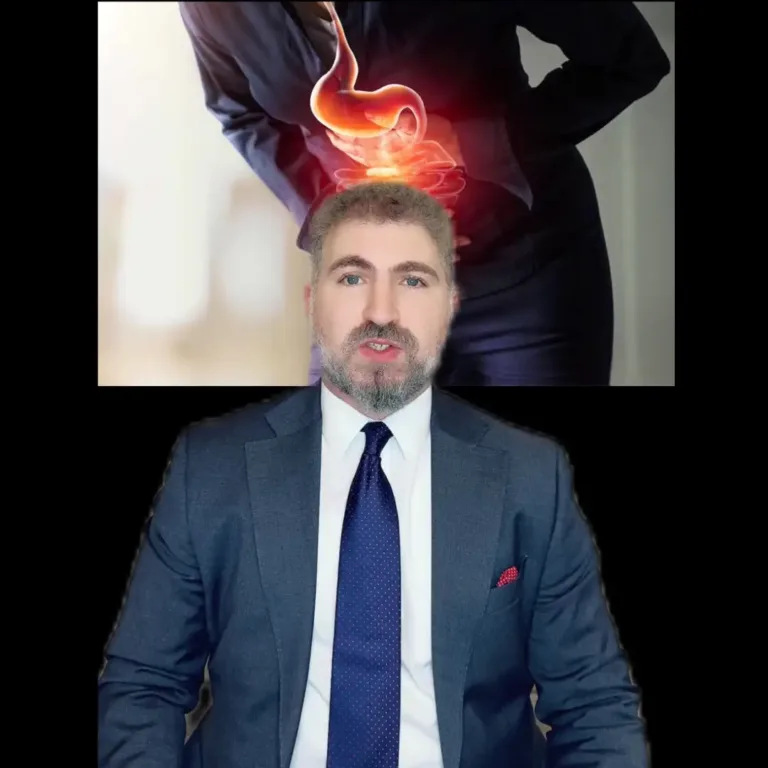Voice Therapy: Getting Your Voice Back to Its Best
The human voice is a powerful tool, allowing us to communicate, express ourselves, and connect with others. However, there are times when our voice can be affected by various factors, such as damage, illness, or stress. When this happens, seeking help from a healthcare professional may be necessary, and voice therapy can be an effective treatment option.
Voice therapy is a type of therapy that aims to improve the function and quality of the voice. It is often recommended for individuals who have experienced changes or loss of voice due to damage, laryngitis, acid reflux, or other conditions. If voice problems persist, seeking medical advice is crucial.
Depending on the cause of the vocal issue, individuals may be referred to an ear, nose and throat (ENT) specialist or a speech and language therapist (SLT). Medical conditions or anatomical injuries may require treatment from an ENT specialist, while imbalances in muscle tone, vocal nodules, or stress and anxiety may require therapy from an SLT. Gastro-oesophageal reflux disease (GERD) can also lead to hoarseness, which can be treated with a dietary program to relieve acid reflux.
Voice therapy comes in a variety of forms, depending on the problem that needs treatment, its cause, severity, and the patient’s age. Some common forms of voice therapy include breathing and relaxation exercises, vocal technique optimisation, and post-operative voice training. In some cases, medication or surgical intervention may be necessary.
Breathing and relaxation exercises aim to improve breathing patterns and reduce tension in the muscles surrounding the voice box, allowing for improved vocal quality and endurance. Vocal technique optimisation involves assessing and modifying the way a person speaks, such as adjusting pitch, loudness, or resonance. This can be particularly useful for individuals who use their voice professionally, such as singers, actors, or public speakers.
Post-operative voice training is often recommended for individuals who have undergone surgery that affects the vocal cords or the surrounding muscles. This form of therapy helps patients to regain their vocal abilities and to learn new techniques for speaking and singing.
In conclusion, voice therapy is a valuable treatment option for individuals who experience changes or loss of voice due to various factors. Seeking medical advice is important if voice problems persist. Depending on the cause of the issue, different types of therapy may be recommended, ranging from breathing and relaxation exercises to post-operative voice training. With the right treatment, individuals can get their voice back to its best, allowing them to communicate and connect with others effectively.




